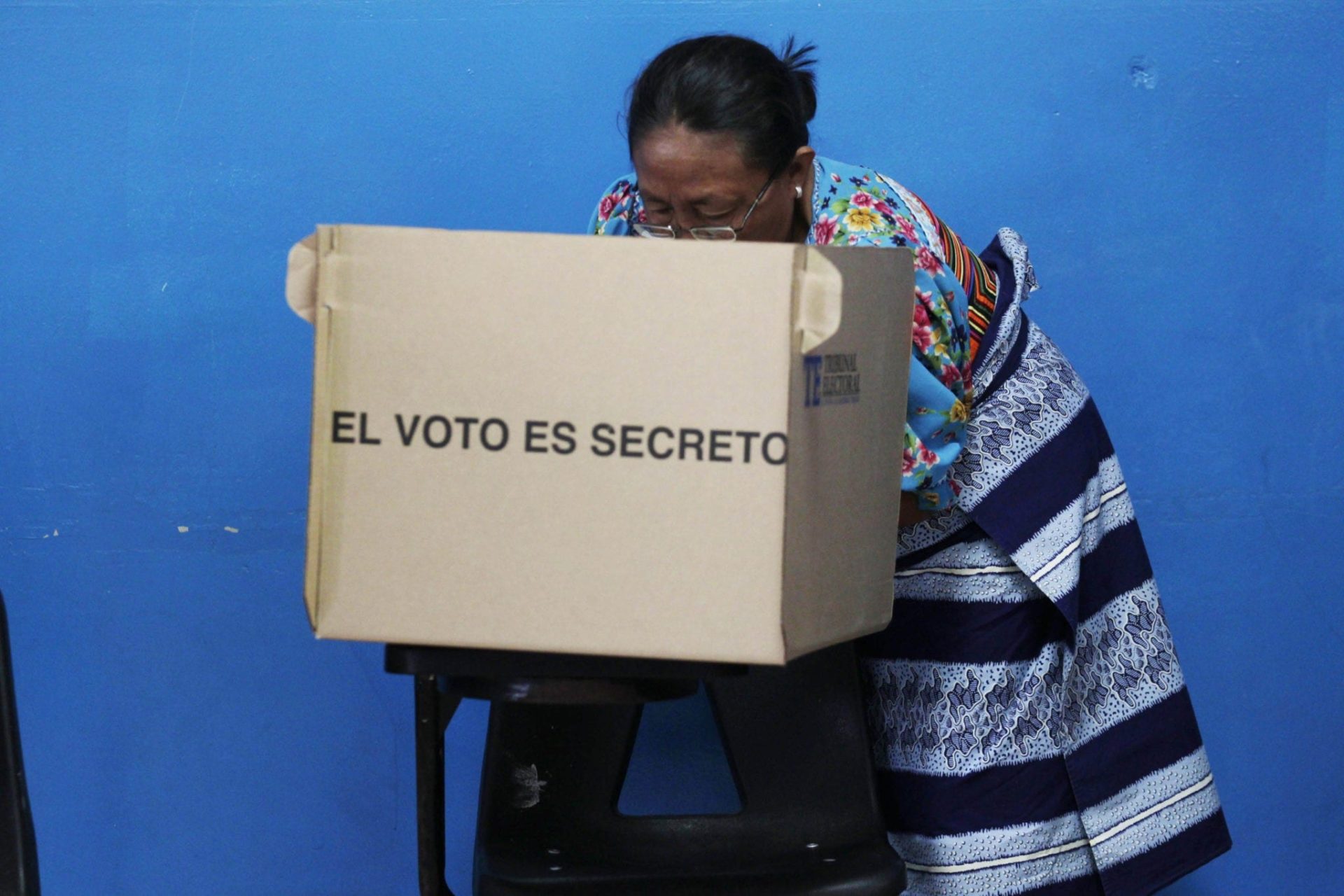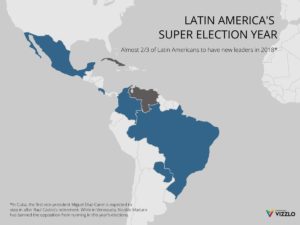
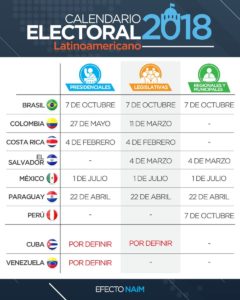
Such electoral “super marathon” happens in Latin America every 12 years. From November of 2017 to November of 2019, presidential elections will be held in the 14 Latin American countries. The beginning of this process was due to the elections of the presidents of Chile and Honduras at the end of last year 2017. It is noteworthy that during the first half of the year 2018 new heads of state will be selected immediately in the first two (Brazil and Mexico) and the fourth (Colombia) economies of the region.
The list of upcoming elections is very diverse. The presidential and parliamentary elections have already been held on the 4th of February in Costa Rica. Then, a month later, on the 4th of March, a new parliament of El Salvador was elected. Colombians elected new deputies on the 11th of March, and on the 27th of May and on the 17th of June they will have to choose the head of state. On the 19th of April, the transfer of power of Cuba will take place on the Liberty Island. And three days after this significant event, on the 22nd of April the elections will be held in Paraguay and Venezuela. It is worth noting that in the case of Paraguay, in addition to the president elections, the Paraguayans will elect a new parliament. In the calendar summer, on the 1st of July, the presidential and parliamentary elections will be held. And on the 7th of October, the elections of the head of the largest state of South America, Brazil, will be closed.
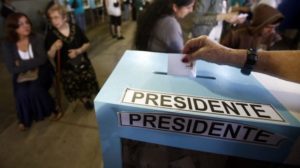
The well-known US rating agency “Fitch Ratings” in its report on the level of development of Latin American countries noted that now the key risks in the life of the region are political risks, as well as the fact that in the course of 2018, Latin America will be threatened with serious economic and political threats. In this regard, the elections will be a decisive indicator in assessing the quality and strength of not only democracy in the region, but also the reliability of the entire Latin American electoral system.
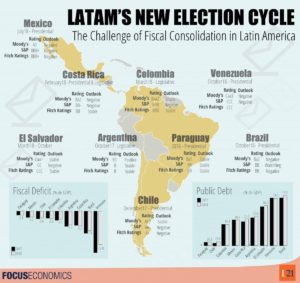
By examining the electoral “super marathon”, one cannot avoid touching on the topic of the impact of the results of the Latin American elections as a whole on world political processes. No country in the region has such a strong impact on the United States, like Mexico. Therefore, it is quite justified that in Washington, starting from 2017, they are being watched closely with the situation. It seems that the American leadership and their political technologists are most apprehensive that Russia will be able to intervene in the presidential elections in Mexico in order to further aggravate the already high degree of political opposition between the two countries covered by the “anti-Russian hysteria”. By the way, it was about this open text that the ex-Secretary of State of the United States Rex Tillerson, who in February made a big “Latin American” tour, mentioned at the press conference in Mexico City at that time. Tillerson decided to reveal the main secret of the Kremlin and told about the “tentacles” of Moscow, with which it influences electoral processes on the whole planet.
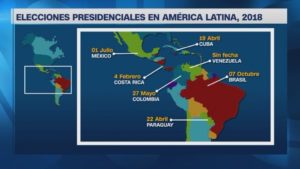
By the way, as part of his February Latin American trip, Tillerson repeatedly noted with concern the gradual restoration and strengthening of Russian authority in Latin America. In his speeches and interviews he also urged the leaders of the Latin American countries to be more vigilant about the intrigues of the Kremlin and defend democratic political regimes.
However, during this year, making the choice, Latin American voters will be guided not by ideological considerations and speeches of leading US leaders, but by more earthly problems. As numerous opinion polls show, the residents of Latin American countries everywhere want to be ruled by so-called “clean” politicians who have nothing to do with corruption scandals. Also, a greater degree of influence on the mood of Hispanics have security problems. To date, Latin America continues to be the second largest (after Africa) region in the world in terms of the annual number of homicides. It is therefore quite natural that Latin Americans are unlikely to vote for old parties or presidential candidates that could jeopardize security and peace processes in countries such as Colombia, where just last year the half-century civil war has ended.

